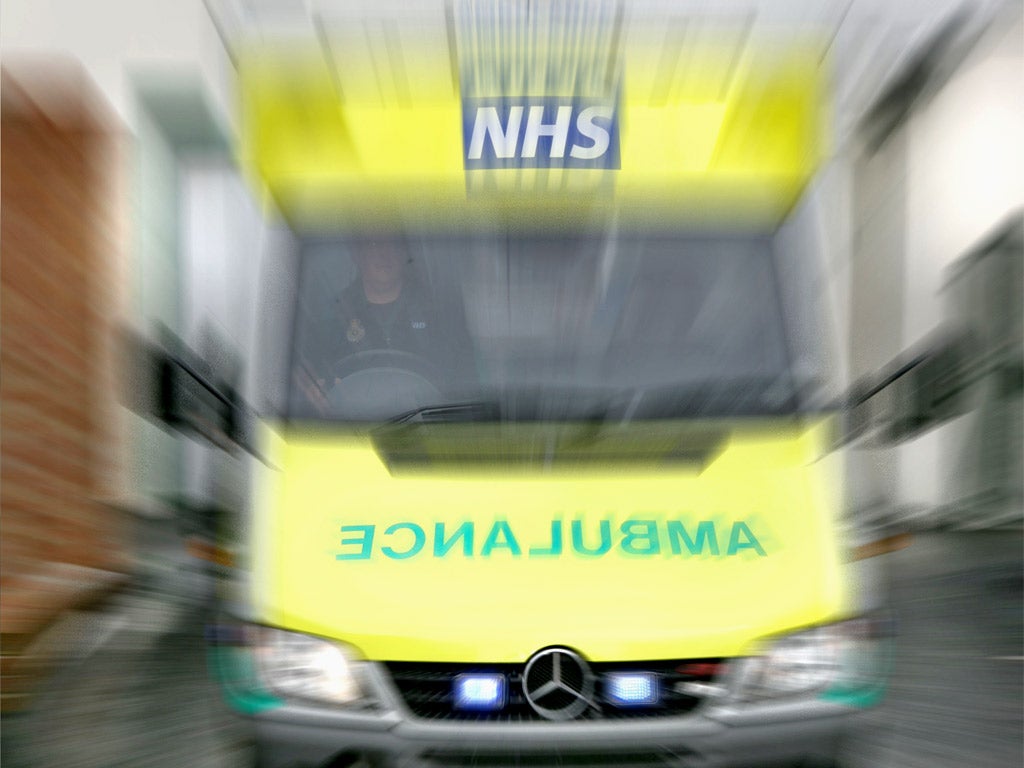NHS non-emergency 111 telephone service crisis deepens as provider warns it is unsustainable

The crisis over the NHS’s new non-emergency 111 telephone service has deepened after a major provider pulled out of two regions and warned that its entire service was “unsustainable”.
NHS Direct won 11 of the 46 contracts to provide the new 111 service, which has been plagued with problems since it went national in April.
But in a major blow to the service, which has been backed by the health secretary Jeremy Hunt, NHS Direct has said it is “not in a position” to provide services for North Essex and Cornwall and that each of its 11 contracts are not “financially sustainable”.
In two areas - the North West and the West Midlands - NHS Direct has only been able to take between 30 and 40 per cent of the calls it was contracted to handle, with staff unable to cope with demand.
The 111 service was piloted last year and was rolled out nationally in April. After complaints about calls going unanswered and poor advice being given by operators with no medical expertise, NHS chiefs admitted that patients had been “let down” by the service. The phone line has been blamed for heaping pressure on A&E wards. A number of deaths and several serious incidents are being investigated by local health authorities to discover whether failings in the 111 service played a part.
However, the health secretary Jeremy Hunt told MPs that despite “teething problems”, the phone line was “close to meeting targets”.
“Despite the controversy I don't think we should throw the baby out with eh bath water,” he told the health select committee, pointing out that in surveys most patients said they were satisfied with 111.
Contracts to provide the non-emergency service have been agreed with a variety of organisations, including ambulance trusts and private healthcare operators. NHS Direct operates a non-emergency phone line which is being phased out and which 111 was designed to replace.
The organisation's decision to pull out of the two areas - where 111 services were not yet up and running - was confirmed by chief executive Nick Chapman in a board meeting this week.
“Agreement has been reached with commissioners for North Essex and for Cornwall, that NHS Direct is not in a position to mobilise the 111 services for those areas,” his report said. “These commissioners are expected now to make arrangements with alternative providers to mobilise the 111 service in their area.”
A spokesperson for NHS Direct said that a decision would be made shortly on the organisation's 9 other 111 contracts. Where staff had been unable to handle the volume of calls, alternative services such as GP out-of-hours numbers, or the older 0845 NHS Direct number, had been available, she said.
A spokesperson from NHS England, which oversees the 111 service, said its officials were working with the NHS Trust Development Agency, local commissioners and NHS Direct to “identify a solution”.
Subscribe to Independent Premium to bookmark this article
Want to bookmark your favourite articles and stories to read or reference later? Start your Independent Premium subscription today.

Join our commenting forum
Join thought-provoking conversations, follow other Independent readers and see their replies